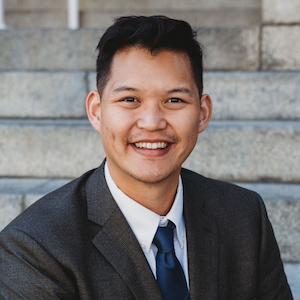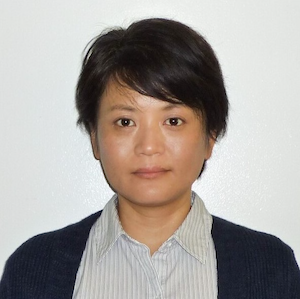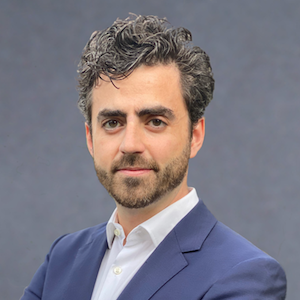New Investigator Awards 2022-2023
Back
We are pleased to announce the winners of the 2022-2023 New Investigator Awards!
The New Investigator Award funding opportunity was developed to support new and early career investigators, as they further their career development in Alzheimer's Disease and Alzheimer's Disease Related Dementias (AD/ADRD) research.
This year's New Investigator Awards were highly competitive, with a substantial increase in the number of applications and greater participation across the ADRC Community. NACC received 51 applications from 29 different ADRCS.
NACC would like to thank the Scientific Review, Ad-Hoc and NACC Steering Committee members for their considerable efforts and support of the New Investigator Award program.
We congratulate all of you on your New Investigator Award. The projects you have proposed are exceptional and will make an important contribution to Alzheimer's Disease and Alzheimer's Disease Related Dementias (AD/ADRD) research.




